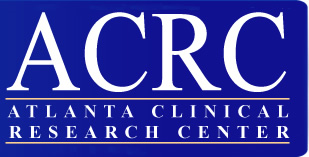


- Currently enrolling trials:
- Hypertension study
- Diabetes study
- Acute coronary syndrome study
- Acid reflux study
- Arthritis study
- Smoking cessation study
- Weight loss study
PATIENT EDUCATION
Atrial Fibrillation
- • Atrial fibrillation is an abnormal rhythm of the heart
- • Atrial fibrillation is caused by abnormal electrical discharges within the atria ( one of the chambers of the heart)
- • Atrial fibrillation reduces the ability of the atria to pump blood into the ventricles and usually causes the heart to beat too rapidly
- • Symptoms of atrial fibrillation include palpitations, dizziness, fainting, weakness, fatigue, shortness of breath and chest pain although some people have no symptoms
- • Symptoms of diabetes include increased urine output, thirst and hunger as well as fatigue
- • Complications of atrial fibrillation include heart failure and stroke
- • Atrial fibrillation can be diagnosed by physical examination, electrocardiogram, Holter monitor or patient-activated event recorder











